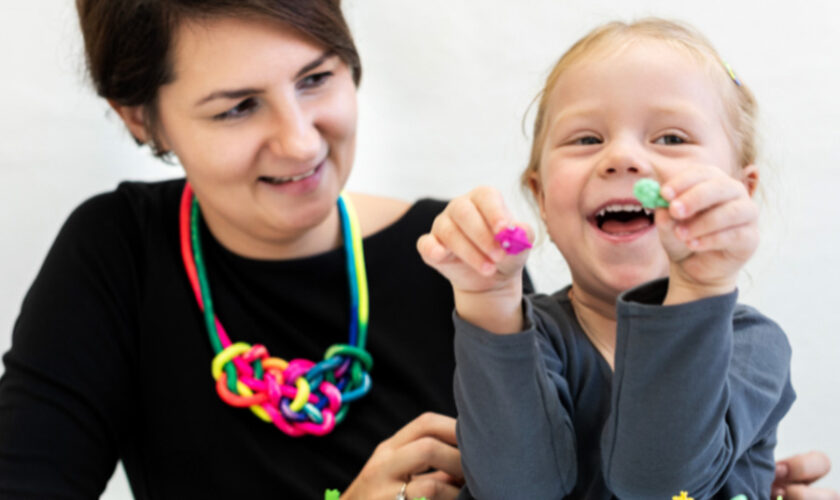Physiotherapy, a holistic approach to healthcare, plays a crucial role in alleviating various musculoskeletal and neurological conditions. In Singapore, physiotherapists are highly trained professionals who work in diverse settings, including hospitals, private clinics, and sports rehabilitation centres. This article shares ten common conditions treated by physiotherapists.
Sports Injuries
The growing interest in sports has led to an increase in sports-related injuries. Physiotherapists in Singapore often work with athletes, helping them recover from injuries such as sprains, strains, and ligament tears. These experts employ targeted exercises, manual therapy, and personalised rehabilitation plans to restore strength, flexibility, and function, ensuring a swift return to the sporting arena.
Back Pain
Back pain is a prevalent issue affecting people of all ages in Singapore. Physiotherapists can diagnose and treat various causes of back pain, including muscle imbalances, poor posture, and disc-related problems. Through a combination of exercises, spinal mobilisation, and ergonomic advice, physiotherapy aims to alleviate pain and improve the overall spine health of patients.
Arthritis
Arthritis, a condition characterised by joint inflammation, is a common ailment in Singapore’s ageing population. Physiotherapists play a crucial role in managing arthritis symptoms by implementing tailored exercise programmes to improve joint mobility, reduce pain, and enhance overall function. Additionally, they provide education on joint protection techniques and assistive devices to promote independence.
Post-Surgical Rehabilitation
After undergoing surgery, individuals often require physiotherapy to regain strength and mobility. Physiotherapists collaborate closely with surgeons to develop personalised rehabilitation plans for patients recovering from orthopaedic procedures, such as joint replacements or ligament repairs. These rehabilitation programmes aim to expedite recovery, minimise complications, and optimise long-term outcomes.
Stroke Rehabilitation
Stroke survivors often face challenges such as muscle weakness, balance issues and coordination difficulties. Physiotherapists in Singapore specialise in stroke rehabilitation, utilising evidence-based approaches to improve motor function and enhance the quality of life for these individuals. Rehabilitation may involve exercises to strengthen weakened muscles, gait training, and activities to improve coordination and balance.
ALSO READ: A Comprehensive Guide to Osteopathy and Physiotherapy In Singapore
Neck Pain
With the rise in sedentary lifestyles and prolonged screen time, neck pain has become a common complaint. Physiotherapists address neck pain through manual therapy, therapeutic exercises, and ergonomic advice. By targeting the underlying causes, such as muscle tension or poor posture, physiotherapy helps alleviate discomfort and prevent recurrent neck issues.
Respiratory Conditions

Physiotherapists play a vital role in managing respiratory conditions such as chronic obstructive pulmonary disease (COPD) and asthma. Through breathing exercises, airway clearance techniques, and aerobic conditioning, physiotherapy helps improve lung function and endurance. In Singapore, where air quality can be a concern, physiotherapists collaborate with respiratory specialists to provide comprehensive care for individuals with respiratory issues.
Muscular Dystrophy
Muscular dystrophy is a group of genetic disorders characterised by progressive muscle weakness. Physiotherapists work with individuals with muscular dystrophy to maintain and improve their mobility. Tailored exercise programmes, stretching routines, and adaptive equipment are employed to enhance the quality of life for those affected by this condition.
Work-Related Injuries
Physiotherapists address work-related injuries, such as repetitive strain injuries, back pain, and ergonomic issues. By providing ergonomic assessments, workplace modifications, and rehabilitation programmes, physiotherapists contribute to the prevention and management of injuries arising from occupational demands.
Neurological Disorders
Physiotherapists also play a crucial role in the rehabilitation of individuals with neurological disorders, including Parkinson’s disease, multiple sclerosis, and spinal cord injuries. Through exercises, balance training, and gait rehabilitation, physiotherapy aims to enhance mobility, independence, and overall well-being for individuals facing neurological challenges.
Conclusion
Physiotherapy in Singapore has evolved into a comprehensive healthcare discipline addressing various conditions. As the demand for physiotherapy continues to grow, the profession remains at the forefront of promoting optimal physical health and functional independence.
Contact Calibrate Health to book physiotherapy sessions today!



